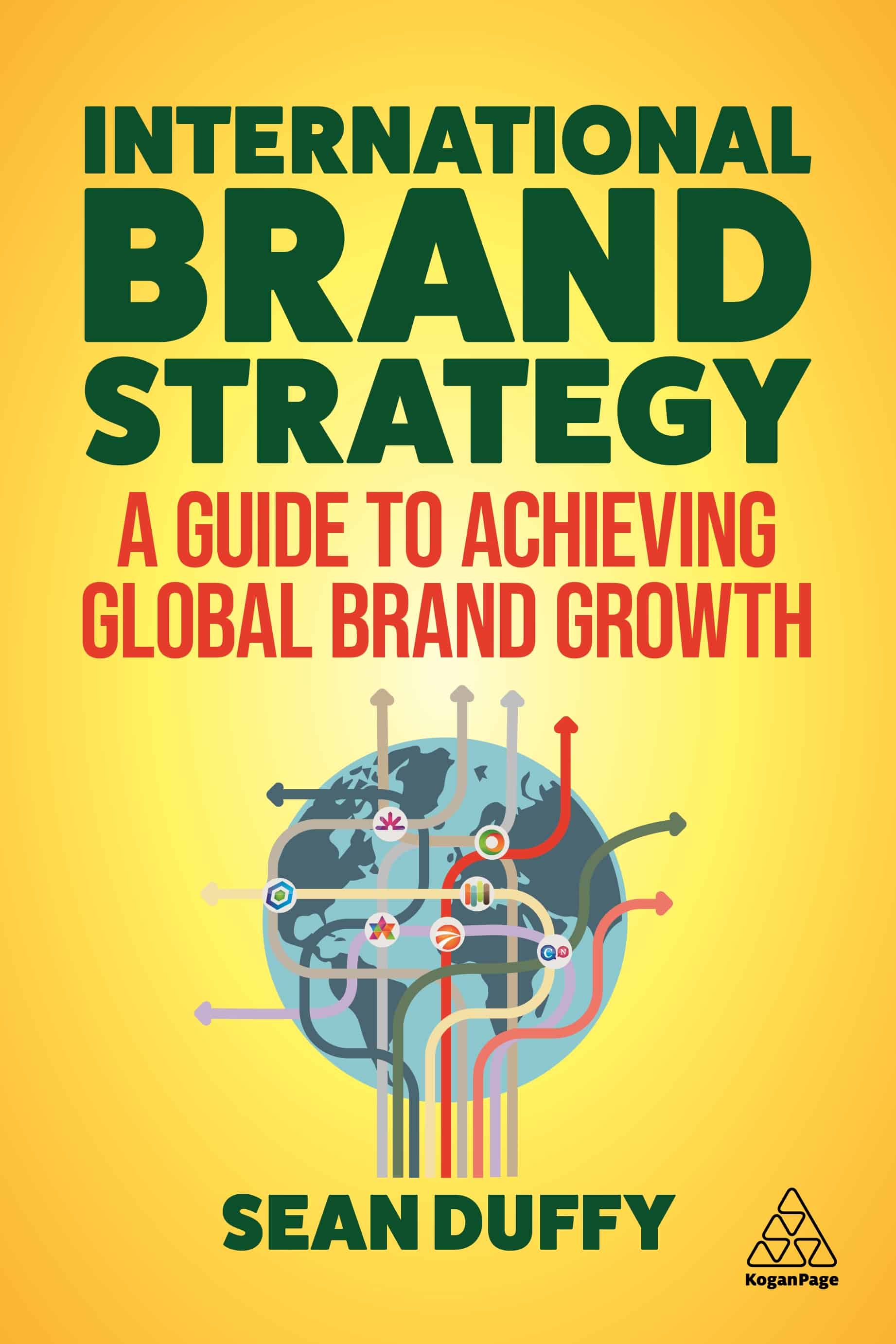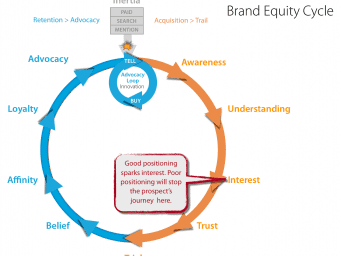The problem with passion
Wanting to do something with all your heart is great. It can bestow extraordinary focus, drive and fortitude. That’s always been the case....
18 Feb 2014 5861 ViewsWanting to do something with all your heart is great. It can bestow extraordinary focus, drive and fortitude. That’s always been the case. But in recent years this sentiment is increasingly being confused with business strategy. The word used to fuel this fallacy is “passion”.

Nothing great in the world has been accomplished without passion
For example, last week I reviewed brand strategies for three companies. One was produced by an ad agency for a utility company, one produced for a tech company by a PR firm, and one produced by a start-up SaaS company for themselves. The most noteworthy attribute shared by all three documents was the conspicuous over-dependence on “passion”. It was laced through positioning statements, found its way into value propositions, cropped up in brand values, personality and personas. It was everywhere. But no one had flagged it.
I understand that passion is popular. Not an hour goes by where my LinkedIn feed isn’t serving up some post, profile or pithy business quote extolling not only the virtues of but the necessity for passion. Passion advocacy seems to be in vogue among businesss people and that’s great. I don’t mean to dismiss passion. True passion is important in many facets of life. But just because it’s important doesn’t make it interesting or enticing or credible from a marketing perspective.
The problem with passion is when it emigrates from motivational posters and settles into business plans or brand strategies. Like an invasive species it displaces the things that should actually be residing there, such as insight-based strategy and quantifiable tactics. These are the things that, combined with passion, drive business success. In the case of the strategy documents above, the word “passion” was being used as a diversionary tactic to fill spaces that called for hard answers. In place of those answers was feel-good-factor fluff. This is usually the outcome when any buzzword finds its way into a strategy document.

As marketers we are disciplined to look at things from the market’s perspective. We are allergic to inside-out thinking, that is, confusing what is important to us with what is important to the market. We are also obsessed with finding relevant ways to differentiate brands for consumers. We are constantly on the lookout for hygiene factors (attributes that are simply expected from all brands in a category) being exalted as differentiators. Those are the two main dangers that the passion fashion poses for brands.
To the first point, the market could care less how badly I want to do something. The market wants to know what problem my brand solves, how it is different from the options out there today and why that provides them with better value. After those hurdles are cleared then, perhaps, they may be interested in my human-interest story.
To the second point, declarations of passion are clichéd. Like the words “awesome” and “absolutely” before it, the term “passion” has been repeated so often in the wrong context that the meaning has been wrung out of it along with any hope that it could differentiate those who profess it or their brands.
Passionate people and brands are as wonderful as they are rare. Many brands and most resumes use the P-word freely. Yet, I’m lucky if I encounter two or three brands or people a year who actually posses this attribute. Since everyone uses it to define their level of enthusiasm, in usage today the word has devolved to reflect the average amount of enthusiasm people tend to have toward their job. In other words, it’s been degraded to a hygiene factor, and a clichéd one at that.

Even if you’re not an idiot, passion alone probably won’t get you very far in marketing your brand
Don’t get me wrong. I have nothing against passion. To the contrary. I have complete respect for anyone who has really figured out what winds their clock. Merriam Webster defines passion as “a strong feeling of enthusiasm or excitement for something or about doing something”. We all can appreciate that people with enthusiasm for a particular thing are also more likely to be better at it. Given two equally competent individuals I’d always bet on the more passionate one to succeed. So I can also appreciate its role in creating business success. But it’s just one player, not the entire cast.
Passion alone guarantees nothing in the way of value. My three-year-old is very passionate about his xylophone playing, but I would not want to subject you to a recital. There are also the matters of training, competence, experience, skill, insight, etc. These are the real indicators of business success. For sure they can all be amplified with passion, but they can’t be replaced by it. This is where passion can blind us, especially start-ups. Businesses and individuals that bank too much on their “passion” proceed as if having passion makes up for lack of skill, not being differentiated or not having a viable financial path forward. The idea, I suppose, is that they will prevail on the sheer strength of their will. One problem: That only happens in Disney films. Which is probably why so many entrepreneurs have embraced its magical powers.
My advice to marketers is to find your passion and fuel it. The same for your brands. But think twice about using it as a differentiator. In fact think twice about using the word at all. If you are truly passionate it will be obvious to your audience. If you’re not then you should probably be digging deeper to find another attribute that you can actually compete on. As a start, try defining what makes you or your brand different without using the word passion (or any other buzz words) and if you succeed, well then that would be absolutely awesome.
Like this post? You'll find more marketing insights in my new book: International Brand Strategy: A guide to achieving global brand growth, now available from booksellers globally. Order your copy here.







One replay
Excellent post. You hit the nail right on the head and created the perfect rebuttal for anyone who thinks their passion will separate them in a crowded marketplace.